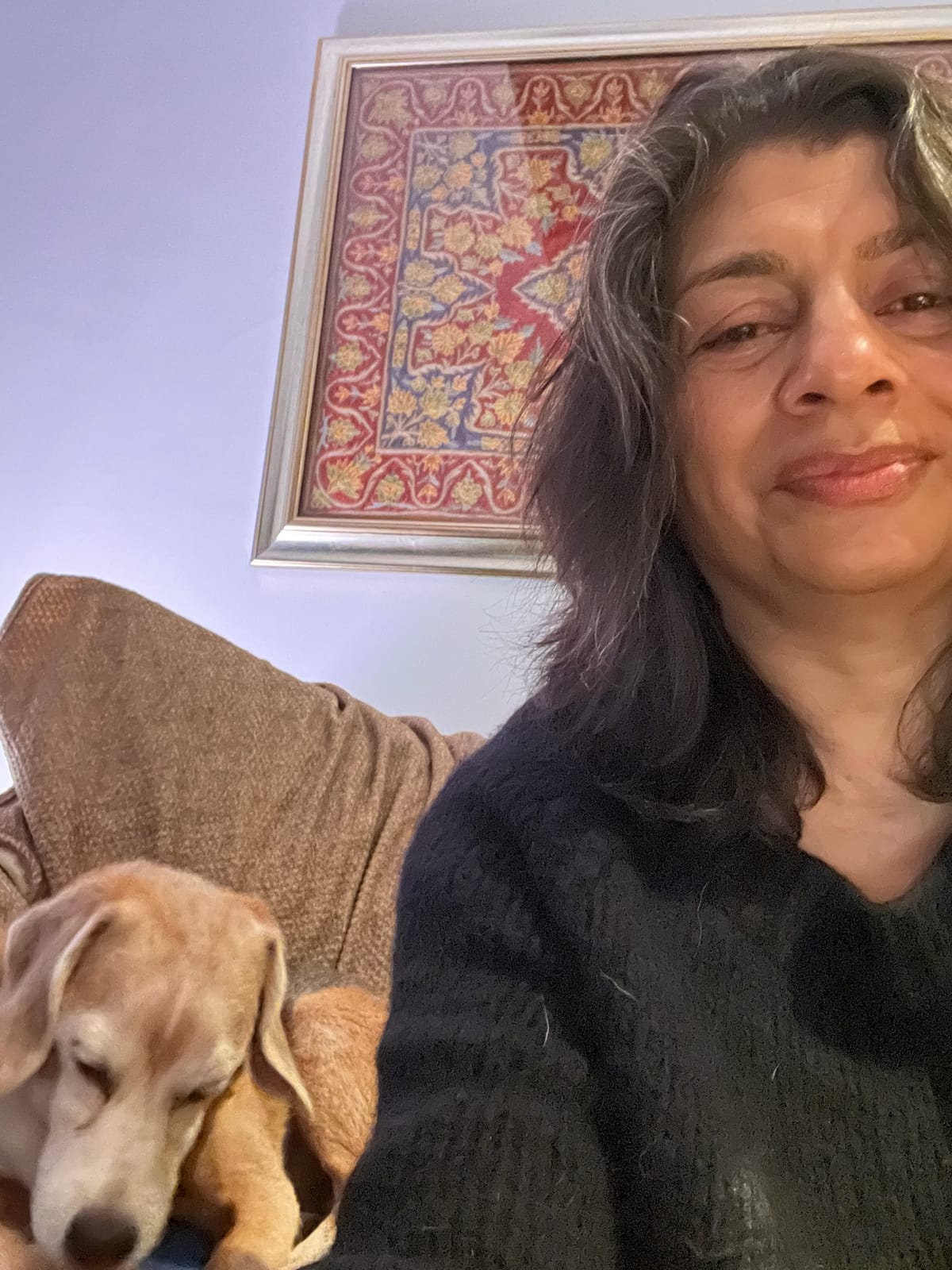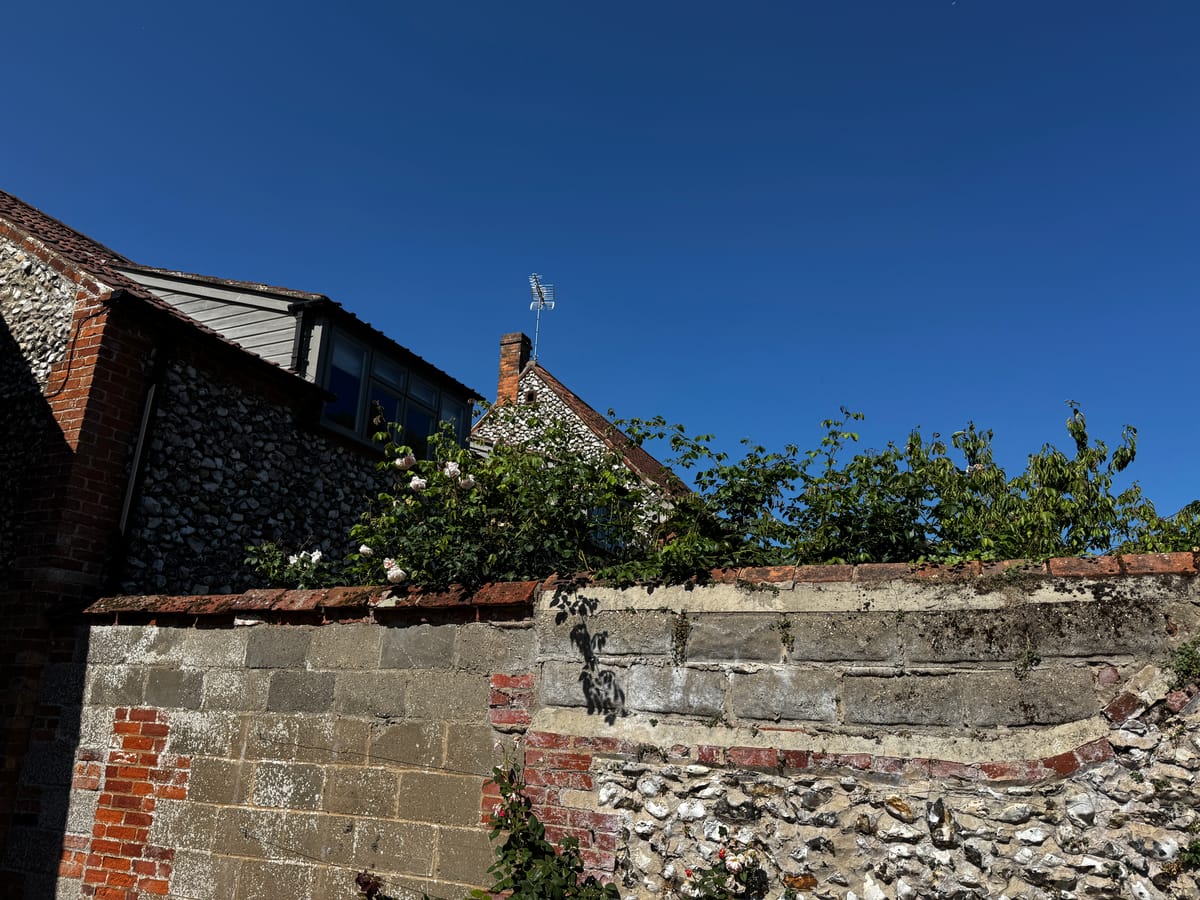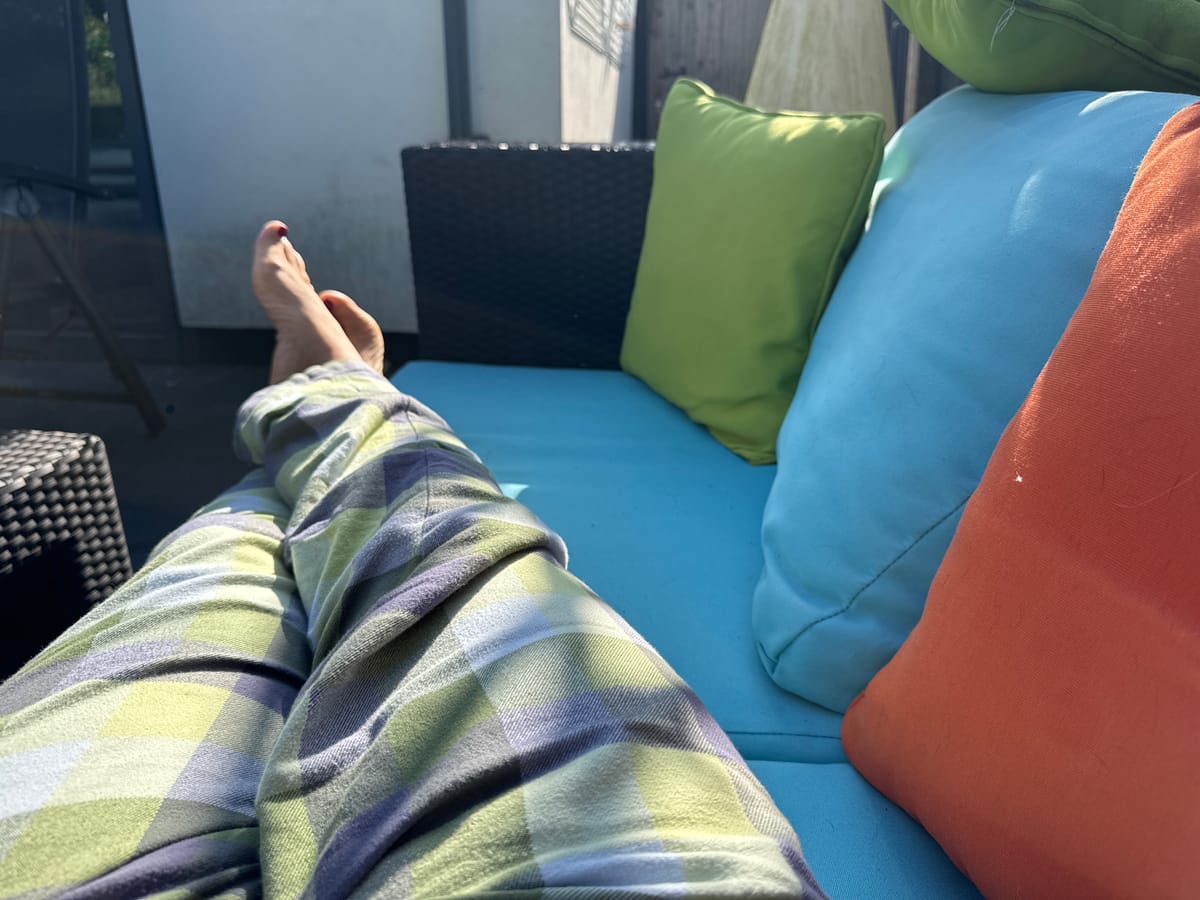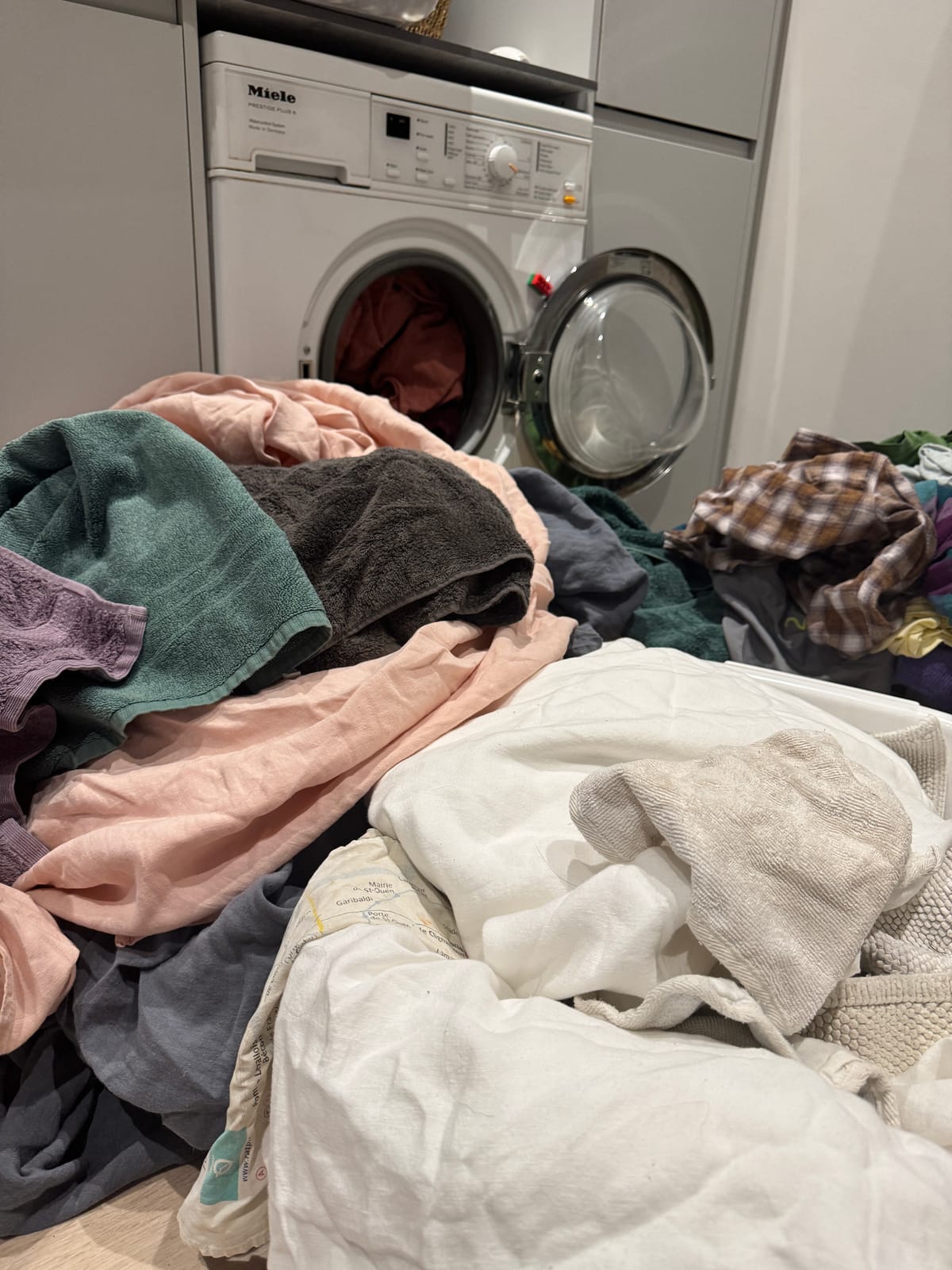People have suggested that I write about my mother’s dementia. I struggled with the concept for a while: there is a risk that this will become one massive whinge and turn-off for readers expecting something whimsical. And then there are all the concerns about encroaching on someone else’s privacy. It really is fraught.
This is, however, my blog, a place where I can write about the things capturing my imagination at the time. So NOT writing about my struggle with my mother’s illness is like ignoring that massive elephant. I am writing about this most intimate anguish in the hope that it will bring some comfort or, at least, empathy to people going through the same type of difficulty.
We are becoming more aware of the problems faced by people with Alzheimer’s and other kinds of dementia, yes, but all too often it’s in the soft-focus terms of a much-loved relative gently being helped to maintain their rose-tinted memories by smiling, caring family and professionals. And of course this kind of relationship must exist at least for a while, for some. But dementia is a mean, bad-tempered condition. Sufferers and carers are all too often robbed of their dignity and joy and I think this painful, anguished aspect should be heard too.
I have wanted to write about my mum for a while, but when faced with her condition whirling around in my heard it’s hard to know where to start. So I’m going to try and do a series of posts and see where this goes. To my mum's eternal and bitter disappointment, I am not a doctor and I'm not able to write about dementia in medical terms. This is a place to express how I feel and one can’t help one’s feelings. I hope you’ll indulge me or at least not condemn me. And if this does not float your boat, fair enough. You don’t have to read it. I’m fine with that.
So in this first, and probably longest, instalment, here’s a bit of context:
——————————————————
My mum, Sanjivanee, was born in 1934 in rural Maharashtra, India. The third of 12 children, 9 of whom survived to adulthood, she and her family moved often as my Grandfather was a government vet. I have no memories of my Grandfather. He had terrible asthma and died when I was 5. I’d met him only on my first trip to India two years before that when a Football Pools win paid for our BOAC tickets.
The thing with large families is that the children are expected to sort themselves out to a greater or lesser extent. There is no spare time to indulge individuals, and parenting in those days was very different from how it would be now. The girls and boys were all educated as befitted a Brahmin family and my Grandfather also took his widowed sisters and poorer close relatives under his wing, feeding them, putting them through school and college.
My mother’s eldest sister became a doctor, which was a most fantastic thing in the 1950s, but there is a sense that the whole family had to sacrifice their own academic aspirations because her university fees were such a drain on the family finances, and the resentment lingers. My mother moved to Bombay (Mumbai) to train as a nurse, which meant that her food and lodgings were paid while she learned. She saved money and sent it back to her parents, who had by then settled in Rajgurunagar, supporting them in her turn. Knowing that her family could not afford her dowry, my mother placed an advertisement in a newspaper for a husband who wouldn’t require one.
Her ad was seen by my dad, who’d moved to South East London 8 years before that. Apparently there was a short list of two and my dad occasionally vaguely related a story about how there was no train to go and see the other candidate and so he met my mum instead. My mum had a dark complexion and was short and not willowy. She also had a degree of deafness but, since my dad’s eyesight was very poor, it seemed a good match. They were married in November 1960.
My mother followed her new husband back to England the following spring, carefully guarding the £3 of foreign exchange permitted by the Indian government on her P&O ship, not spending any more than necessary in case there was no-one there to meet her on her arrival at Tilbury. She had her General Nursing and Midwifery qualifications and planned to work to save for her passage back to India if she had been abandoned. But my dad WAS there to meet her and they commenced their married life as lodgers to a cantankerous old woman in Crescent Drive, Petts Wood, who taught my mum to knit and sew cook a Sunday roast and clean her kitchen. My mother had never even seen meat before, let alone cooked or eaten it. Imagine what a culture shock this must have been for her. Don’t forget that English was her third language and it must have been so alien to her to live and work surrounded only by the Sarf London twang.
They spent a few years like this, isolated from family, with few friends. There were scarcely any Indian people in the Bromley and Petts Wood area then, and their social lives were arranged around work colleagues and neighbours. My mother did not want to have children until she and my dad had bought a house and she spoke about going on a coach trip to Scotland and not talking to my dad for a whole couple of days until he’d agree to buy a place. If you knew my mum, you’d realise what a force of will this must have been. Luckily a 3 bed semi came up for sale in the non-posh part of Chislehurst and they moved in on Valentine’s Day 1964. I was born in August of the following year.
Whilst my largely-assimilated dad insisted on speaking English all the time, my mum was fierce about maintaining the way of life that, to her, felt safe and comfortable. When not on duty in her nurse’s uniform she always wore a sari and kept the kumkum vermilion dot on her forehead as a sign of a Hindu married woman. She spoke to me in Marathi and cooked chapattis and kichidi. The only shop selling Indian spices in those days was Patak’s (I think) in Camden and my dad would go there after work occasionally to buy pickles and spices.
But I don’t think she ever really learnt how to be a mum. Who was there to teach her or support her? And I think that, ensconced in a cold country with white sky she felt that she had done quite enough learning. There was a marked reluctance to find out or research anything new, especially if it meant spending money on something that they could do without. Don’t forget that both my parents were sending money home to their own families too, and whatever they sent was never enough. Someone's school fees were always due or someone needed cash for a hospital stay or to pay off a lawsuit. Maybe because the myth of return persisted: that they would save all their money to one day build a house in India and retire there.
Everything my parents bought was the cheapest, the lowest quality and consequently it broke almost straight out of the package. It never seemed to occur to them that children need stuff done and bought for them. My mother made me little baby-girl dresses with puff sleeves and I had one set of school uniform, which I had to wash by hand every Saturday in the kitchen sink using a washboard as they would not buy or learn to use a washing machine. My parents had their own priorities, however, and we were one of the first families in our road with central heating and people came to our house when they wanted to use the phone. The television was always on and watched in our house but it was into the late 1970s before we had colour pictures.
I was a latch-key child at 7, in the holidays doing all the housework before my mother came home from her early duty. If a meal wasn’t ready within 5 minutes of her return, she’d shout and she’d go on and on shouting and shouting. She’d had a hard and busy shift, and people were mean to her. Her deafness had been exacerbated by a failed grommet operation in the 60s that had rendered her deaf in one ear, and her confidence had suffered as a result. She would question whether she had heard anything correctly and I am sure this didn’t not help her case professionally. My dad also smoked about 10 cigarettes a day for years and this exacerbated my mother's asthma. She caught bronchitis every year and she was never sure which winter would be her last.
I think she was probably facing bullying and nastiness at work for all of these years but she never spoke about it in front of me. Eventually, after failing many driving tests, she learnt to drive and that liberated her from the fear of the cold, dark evening bus journeys from Shooters Hill. This was a huge feat for her. Her confidence was at such a low that she feared anything new and retreated into her own cosy little world where she knew about everything and nothing alien could harm her. And I believe that this set the scene for the subsequent early degeneration of her brain.
I have written a lot for this first post but I think it’s important to be able to put things into context. In the next post I shall talk more about my mother’s personality and how it began to harden and change.





Member comments